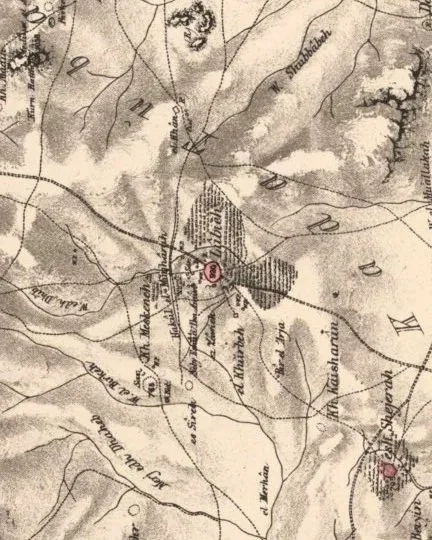about
Settler Colonialisms / British Empire (SC/BE) is a LAHP-funded interdiscliplinary research network, workshop series and conference for scholars of British settler colonialism based in the UK. Our work intervenes in British scholarship on race and empire by centring critical, materialist, comparative, and transhistorical approaches that explore the circulation, articulation and reproduction of colonial power, 'at home' and around the world.
motivation
As scholars of and from Palestine/Israel (Sarai), the US and Australia (Sophie), we find the absence of settler colonial analysis in British race studies frustrating and alienating. Framing Britain’s settler colonies as either part of ‘the West’ or entirely autonomous from the metropole limits our analysis of imperial power and reproduces the genocidal erasure of Indigenous life. Likewise, detaching settler colonial sites from 'postcolonial' Britain obscures their integral role in the making of race, sex/gender, law, geography, history, technology, property, nation-states, capital and the human across times and locations of empire.
Despite this institutional gap, our discussions with UK-based peers who work on similar contexts show that settler colonial regimes, and their British imperial mediator, are profoundly entangled. These conversations link practices of ‘security’ in the US and Palestine/Israel; ‘terra nullius’ doctrines for dispossession in Australia and the Naqab desert; anti-protest injunctions in Canada and New Zealand; and wetland drainage technologies in 17th-century England to flooded cities around the world. SC/BE’s ambition is to unpack these connections through materialist, comparative and transhistorical study, integrating critical Indigenous studies and settler colonial analysis with British race scholarship.
/
questions
SC/BE is animated by the following provocations:
How do past and present settler colonialisms circulate, articulate, reproduce and travel?
How do (UK-dominant) analytics of race, empire, diaspora, postcolonialism and capital resonate/contend with contributions from Native/Indigenous studies?
And what does study from/of the settler colony teach us about the metropole, and vice versa?
\
conveners
-
Sophie is a LAHP-funded PhD student in Race, Ethnicity and Postcolonial Studies at UCL's Sarah Parker Remond Centre. Born in the UK and raised a settler on unceded Wurundjeri and Boon Wurrung land (Naarm/Melbourne, Australia), she has lived in London since 2021.
Sophie holds a BA in Australian Indigenous Studies (University of Melbourne) and an MA in Postcolonial Studies (SOAS). Her PhD dissertation, 'Articulated Asians', combines archival analysis and social movement ethnography to investigate the role of Asian diaspora in US/Australian settler colonial and racial capitalist property regimes. She is a trustee at the Institute of Race Relations and is currently undertaking a LAHP-funded placement the Movement Research Unit. Outside the academy, she is involved in queer, anti-racist and anti-capitalist organising, and is author of Curious Affinities, a collection of poetry and prose published by Hajar Press in 2023.
Find out more about her research profile here.
-
Sarai’s PhD project studies how Zionism has materialised in arid environments in Palestine/Israel across landscape, bodies, and social relations. Thinking with these desert entanglements, she is particularly interested in the concept of ‘desert time’ and the role that the desert had in shaping pasts, present, and imagination of the future, and the political imagination of the area.
Outside of the academy, Sarai is working on an essay book titled ‘On Refusal’ (published by Fitzcarraldo Editions), which explores acts of refusal to serve in the Israeli Defence Force to ask what people hold on to and what they lose when refusing. In the past, Sarai directed several artist films which were centred around the physical, spiritual, or theological, and emotional aspects of Palestine/Israel’s landscapes.

